Road to Munyonyo
Our first weekend in Uganda gave Alexandra and I a (what would come to be) rare opportunity to venture out on our own in a non-working capacity on a Saturday or Sunday. Saturday, we toured Kampala, visiting the National (Gadhafi) Mosque (name soon to be changed, I’m sure…) and Baha’i Temple of Africa. Sunday (today), we decided to head out of town to the lakeside village of Munyonyo, stopping at Cassia Lodge (proclaimed the best view in Kampala — not really in Kampala though) on the way.
This was a momentous occasion for a couple of reasons: 1) It was our first trip out of the capital since arriving six days prior, and 2) It was to be Alexandra’s first-ever ride on a collective (minibus) taxi (called matatus (ma’TAH’too) in much of Eastern Africa). There was some trepidation at first, until of course Alexandra realized she was far safer riding in a matatu than trying to navigate the streets of Kampala outside of one.

Speaking of shafts…here’s a photo of one of Kampala’s many notorious sidewalk “black holes.” Believe it or not, this is one of the more pleasant-looking holes we’d seen for someone to fall into. These are all over Kampala, and especially like to come out at night when you’re ability to spot them is drastically diminished by darkness and other residuals of participating in nighttime activities. Fortunately, neither Alexandra nor myself fell victim to these wily rascals, though I did somehow manage to fall in a number of ditches at various points.


Munyonyo, and especially Cassia Lodge, aren’t exactly the easiest places to get to without your own wheels. We had been under the impression that matatus bound for Munyonyo (say “Munyonyo matatu” ten times fast. GO!) would stop on a road near our hotel — oh how wrong we were. We did manage to get a matatu whose driver was willing to tell us that indeed we were fools and would never get anything headed in that direction where we were standing.
We hitched a ride with him down to the taxi park and proceeded to find the appropriate minibus — which was no easy feat given the enormity of the field of hundreds of matatus. At first glance, the matatu park is the epitome of sheer madness and chaos until, that is, you realize there is a sort of system to the madness — small signs posted every 20 yards displaying the names of destinations are somehow supposed to facilitate one’s search. This system makes it easy to identify which matatus AREN’T the ones you want, but also makes it very difficult for newcomers to identify the location of the CORRECT matatu. If this exercise hasn’t yet been used for an episode of Amazing Race, I would highly recommend it — it certainly would have made things more interesting if we were searching for our next clue.
After walking the length of the taxi park, we finally found our matatu (which happened to be the very, very last one — go figure).

First Stop: Cassia Lodge
We rode our matatu to the turnoff to Cassia Lodge, then proceeded to walk a substantial distance uphill to the lodge — but in the end it was worth it, as the views were indeed the best in Kampala, even if Cassia Lodge is really not in Kampala.


Cassia Lodge would come to represent a large chunk of our journey — visiting places for a drink or lunch that we wouldn’t otherwise dream of staying due to being substantially out of our price range of $20-$60/night (and, in some cases, just being way too over-the-top — which Cassia was not, but definitely too far from Kampala to make sense, and easily out of our budget).
The lunch, along with the view, was lovely, though. I don’t remember what I had, but I remember it being lovely.


Uganda’s got some decent beers. Nothing’s ever on tap of course, but all beer comes in large half-liter bottles (pretty standard for many parts of the world — they don’t mess around). In many countries in Africa, these large bottles are for sharing. If there are two of you, you always split the bottle (two glasses), and it is perceived as rude not to. This way, the beer stays colder and the sharing strengthens the bonds of brother- (and sister-) hood. I had actually completely forgotten about this little rule, so Alexandra and I resigned ourselves to each gulping down largely warm half-liter bottles of beer by ourselves for the first few weeks until we both got violently ill and stopped wanting beer anyway.
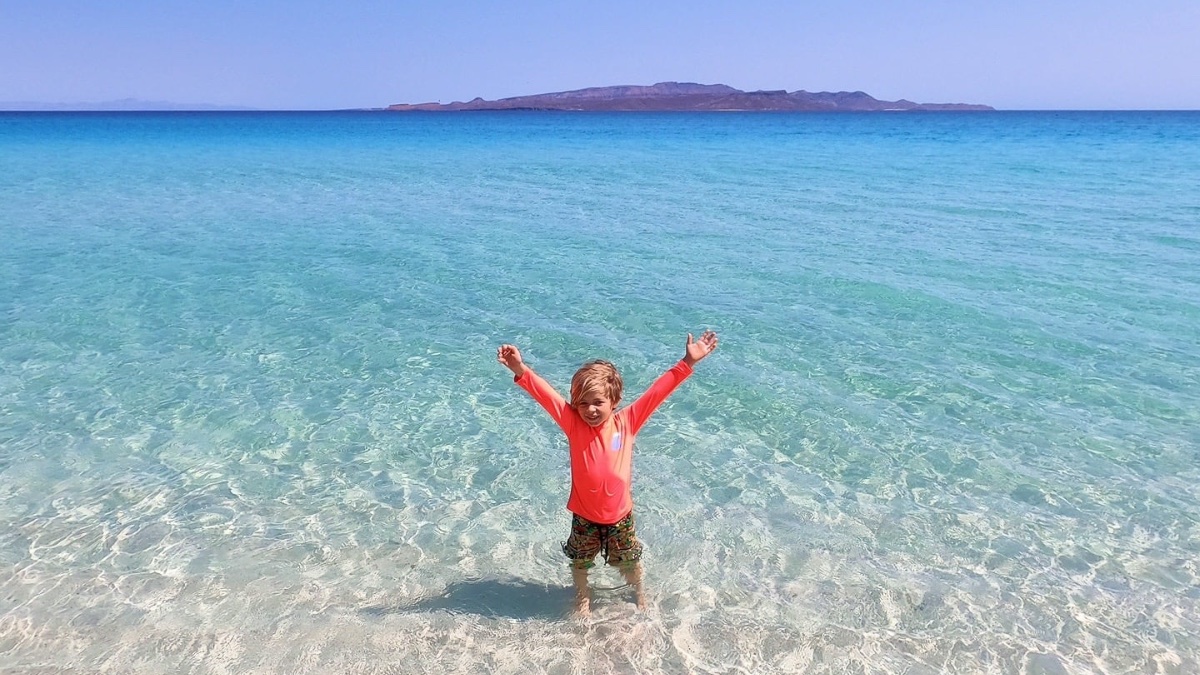
Ugandan beers include: Bell, Nile Special, Club, and some others which really aren’t important. You could also frequently get Pilsner (which is a lager of course…no joke) and Tusker Malt (which is so gosh-darn-awful you wonder how Tusker could make such a tasty lager), and even Castle Milkstout in some areas (which is delicious — in fact, if you haven’t already tried one, I implore you to head down to your local grocer immediately and try one. If you can’t find it there, go down to the airport, get on the next plane to South Africa and have yourself one — they might even serve them on the plane, in which case you can just stay on the plane for the duration of the round-trip. If you do happen to disembark in SA, head over to Mozambique and grab yourself a Laurentina Preta — mighty good and harder to get — you won’t regret it (until you receive the credit card bill for the trip, perhaps…)).



On to Munyonyo
I really like the word “Munyonyo.” Like so many Ugandan names of places, it’s really fun to say (and sounds just like it looks). It really gives your tongue and jaw a good solid workout. Other fun names are: Mbale, Kitgum, Mbarara, and my favorite, Bunyonyi!
We ended up walking the couple of miles to the lakeshore from Cassia Lodge. We thought it might be a relatively easy walk given that it was mostly downhill, but the high humidity and exhaust belching lorries (trucks) for which Kampala is known for, made our journey far more taxing than it should have been.



I’m not sure what the two of us were expecting, but Munyonyo municipal beach was very, very local — which was cool, and actually what we were looking for — but for whatever reason, I’m not sure we thought we’d be the only wazungo (white people) out of a couple hundred beach-goers. Needless to say, we got more than our fill of gawks and giggles, but it wasn’t overbearing. But soon, all attention diverted from the two of us to a very large van which deposited a swath of wazungo (who we believed to be young missionaries…a common sight in Uganda), whom we proceeded to gawk and giggle at.
That Sunday was also my sister’s birthday back in the States, and I actually had cell phone reception, so I thought I’d give her a call. By that time it was 3pm in Uganda, which meant 8am in the States — unfortunately, like so many things in Uganda, I had forgotten that she was not on Eastern time (like Lori) but Pacific Time (about 5am). Oops. She appreciated the call nonetheless, but I certainly wouldn’t have wanted someone to wake me up at 5am on MY birthday. Especially on a Sunday! Who does that!?



Two More Working Days in Kampala
And so we skip ahead to Monday — quite a day Monday was. Our original schedule had us in Gulu by 6 June, but like so many things in Uganda (and Africa in general) that changed last minute. Our boss was flying in to lead a two day workshop with big-wigs from the Amnesty Commission and he wanted us to sit in on the meeting. This meant we would then travel up to Gulu on Wednesday.
There aren’t too many places near the World Bank office in Kampala to grab a “quick” bite for lunch, but Bancafé on Shimoni will get you some good eats in about 30-45 minutes, which is blazing-fast by Uganda standards (for mzungu food-to-order; if you really want fast food, you can go to a Take Away or local food restaurant where they have everything already made up…but if you’re feeling mzungu…). Speaking of feeling mzungu, look at that beautiful blended ice coffee! I had been craving one of these all week. Only at Bancafé (now with two locations on Shimoni Road and Oasis Plaza).

Then, after lunch, we went and robbed a bank…

…of their DIGNITY, that is! (well, maybe…)
And Alexandra — she did really well too, yep, made out like a bandit!

Um…ok…Alexandra didn’t fare so well…
So part of the deal with interviewing 150 ex-combatants (or persons formerly associated with fighting forces as Alexandra likes to put it) was that most of these people would need reimbursement for getting to and from the location in which the interviews would take place. The stipend was really quite insignificant given the time and effort involved for some of the respondents in coming out to interview with us, but there wasn’t much ethically and contractually we could do about that. It’s a fine line you walk wanting to fairly compensate people for their time, but not wanting to overly incentivize the study to the point where any sort of remuneration begins to adversely impact your sampling and data.
So, as you may have guessed, this involved getting a large amount of very small denomination currency — which wouldn’t necessarily be the easiest thing to accomplish back in the U.S. (something along the lines of walking into a bank of which you are not a member and asking them to kindly change $1,000 into one dollar bills). In Uganda though, no problem! (though hard to gauge, given the sheer lack of emotion on tellers’ faces in Uganda). We had to actually go back to the bank twice as the reimbursement in one interview location had just been renegotiated upon our return to the World Bank office. Still, not a problem.
Tuesday, we wrapped things up in Kampala and said goodbye to our boss (whom we wouldn’t see again until we brought home the goods in August). From here on out we were on our own, finally shaking off Kampala, and bound for the notorious war-affected North to finally start collecting some real data.
Oh, what will they find…?
Tune in next time to find out!
Reflections from Washington, DC
NOTE TO READER: The preceding entry was written and posted on September 1, 2011 from Washington, DC.
Roughly three months have passed since these photos were taken — and I do apologize about the delay. It’s not always easy to justify blogging when work, school, and home life beckon. But I continue on a mission to post as much as I possibly can because, a) people actually seem to read and look at this stuff, and seem to enjoy it to a greater extent than I had ever anticipated, and b) I think it’s valuable and necessary to find some way of reflecting upon experiences such as these — this blog facilitates that to a great extent.
Some years back, I spent two years living and working in a small fishing town in Mozambique; I spent about a month backpacking through Western Europe at one point, and another month living out of a van while a buddy and I made our way 10,000 miles around the United States. I know these experiences — along with others — have hugely impacted on my life and worldview, but I haven’t ever really reflected much on each experience after the fact — what happens is you start forgetting, and what once felt both vivid and mundane becomes murky and foreign.
But there’s an upside to waiting to write down reflections after-the-fact. For one, it doesn’t distract from soaking up the experience as it’s happening. There’s something severely guilt-inducing, at least for myself, about sitting in a hotel room in the evening typing up a blog in some place foreign and interesting and unique in which you have but very limited time to enjoy. Second, It’s often very difficult to identify what is interesting to readers back home when you’re caught up, and settled, in a foreign land and culture. To the extended-stay traveler overseas, the most exotic and fascinating elements of a particular location eventually begin to feel pedestrian, resulting in such elements failing to make their way back home. Sitting in my DC apartment looking at a picture of the inside of a cramped minibus taxi in Kampala conjures up far different thoughts and feelings than looking at that same picture in a hotel room there, or even in Nairobi for that matter, and I’d argue that more than half the time the difference will work in the favor of the freshly returned traveler.
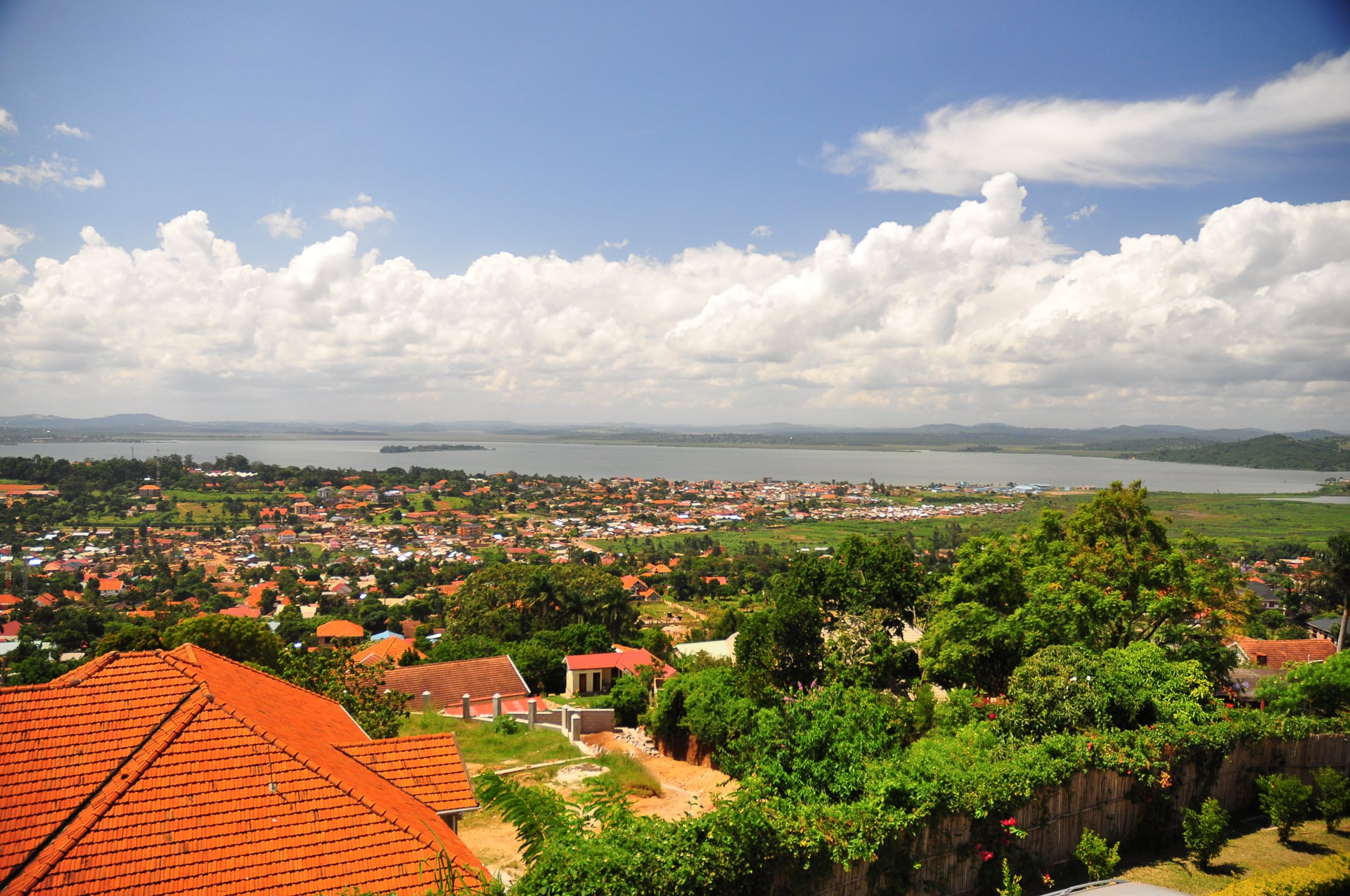
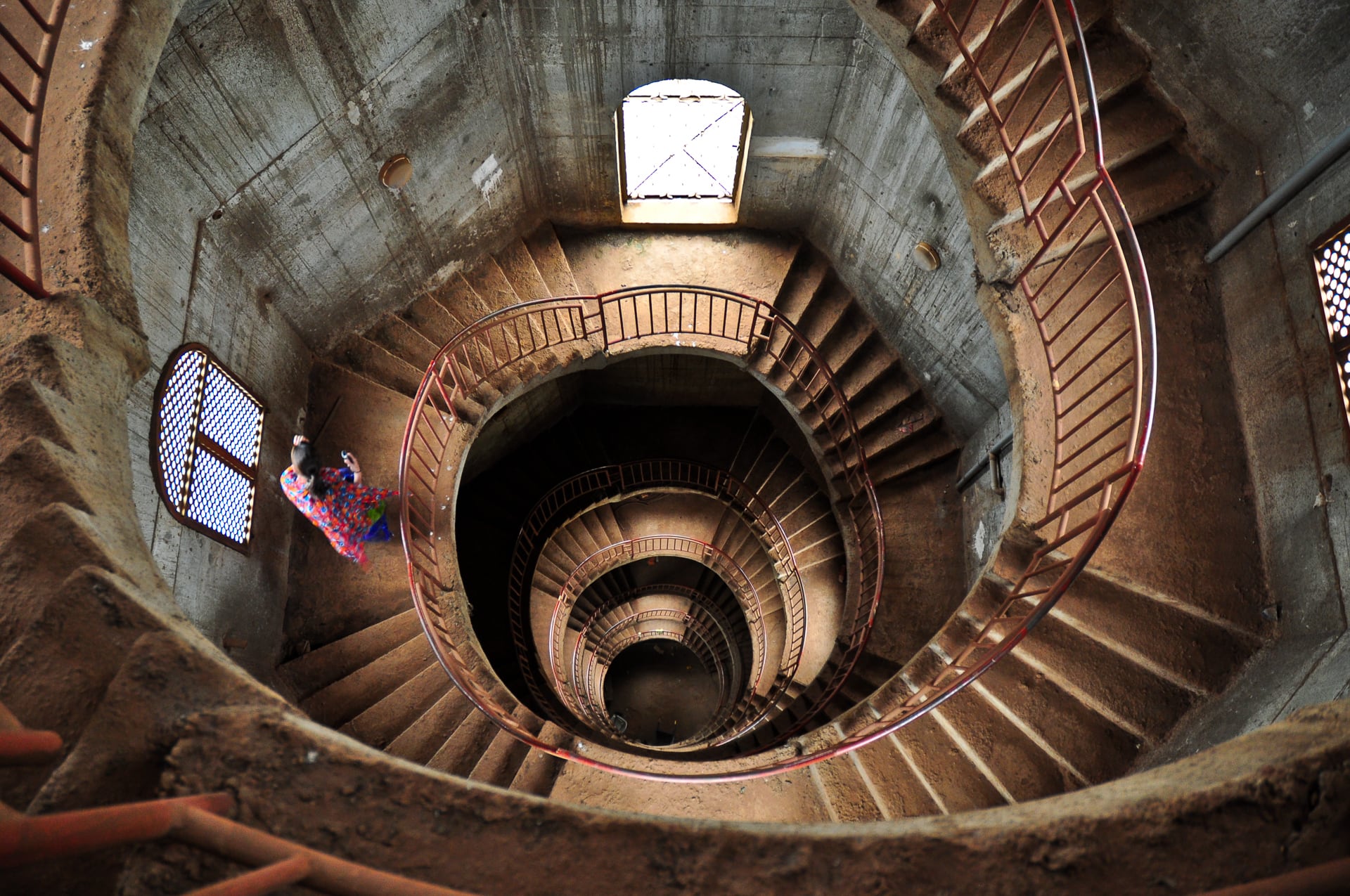
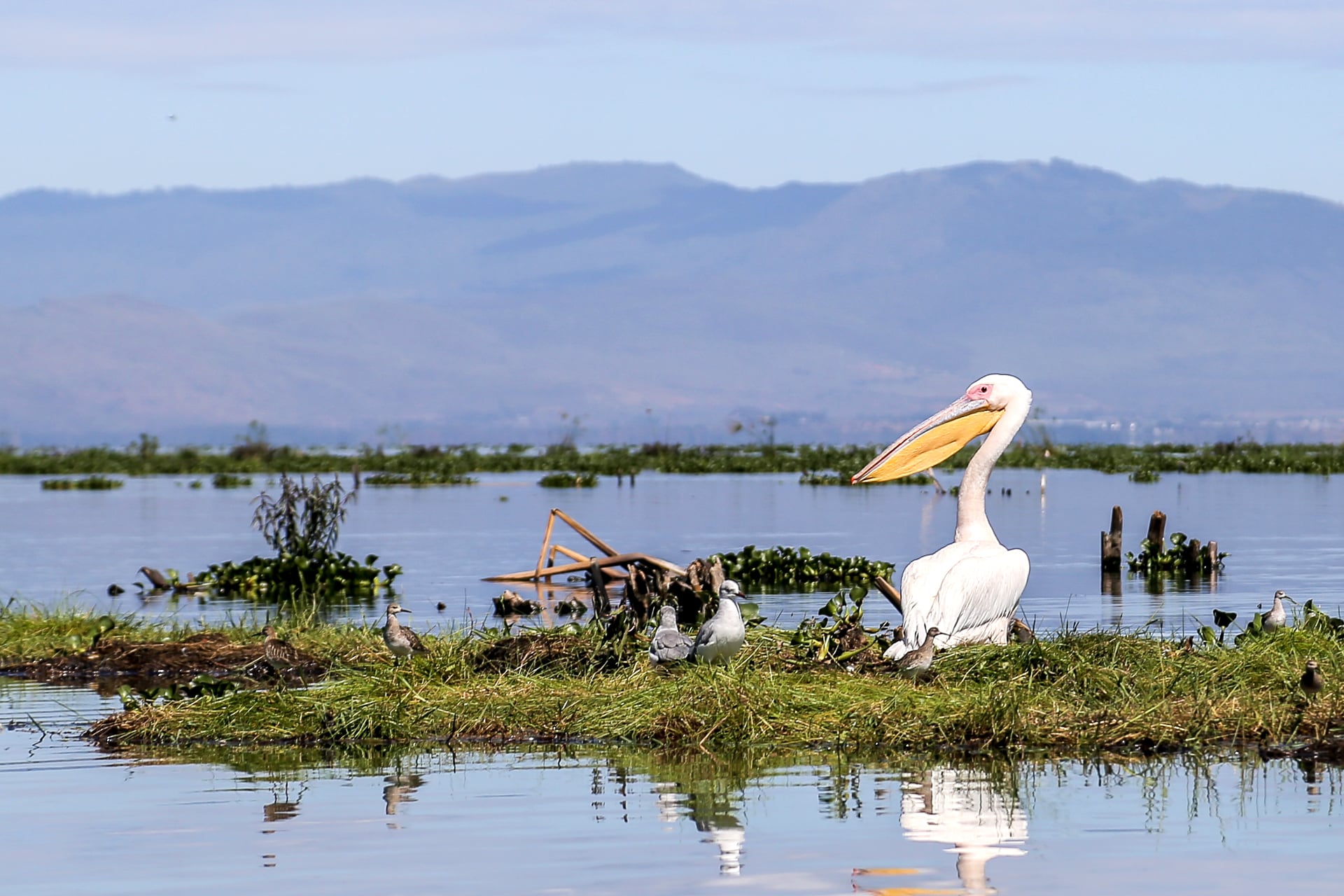
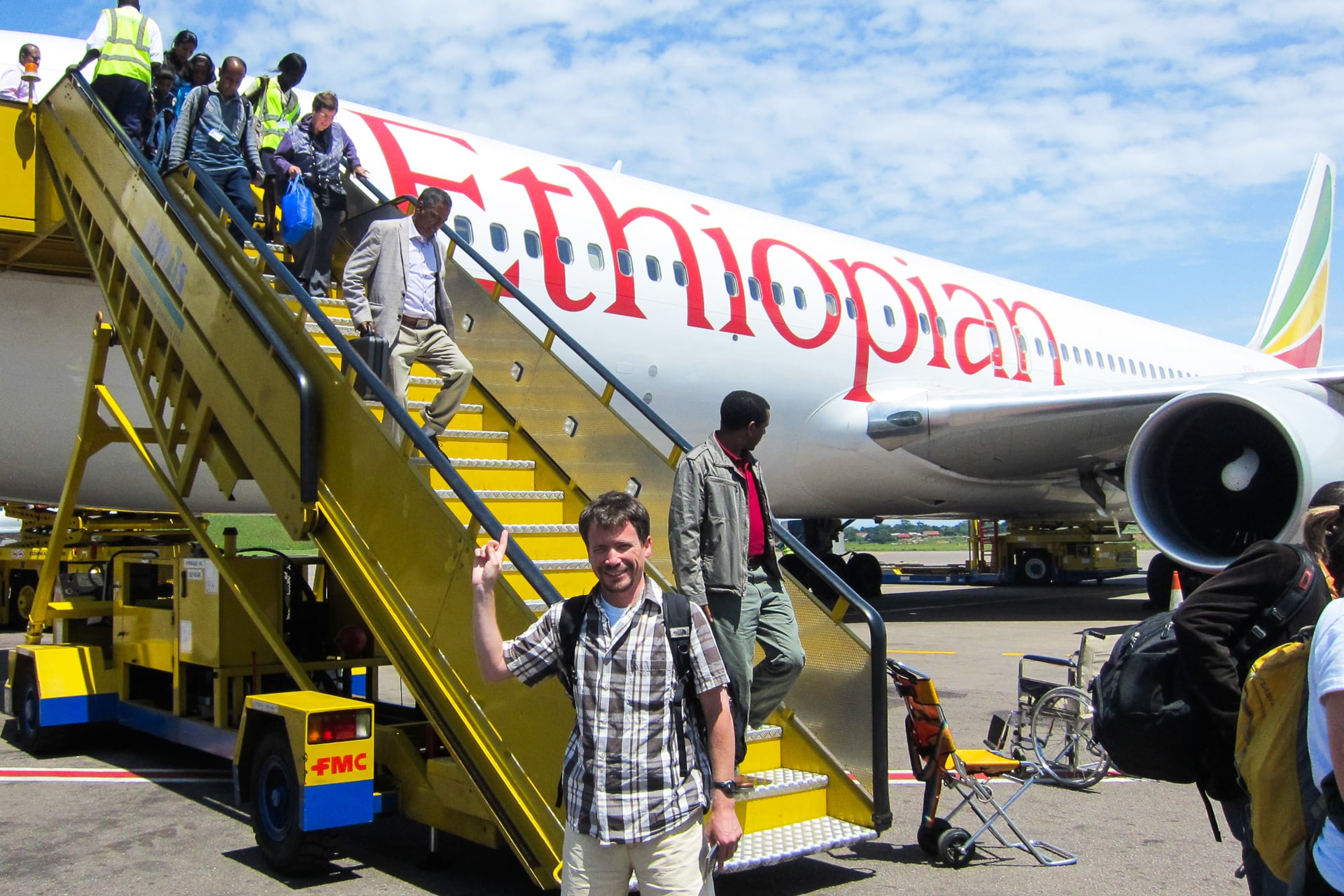
Such an interesting tail. Fabulous photos, too. Can’t wait for the next chapter!
Guess my “tail” was dragging yesterday when I posted my comment. I edit my comment to “tale”.